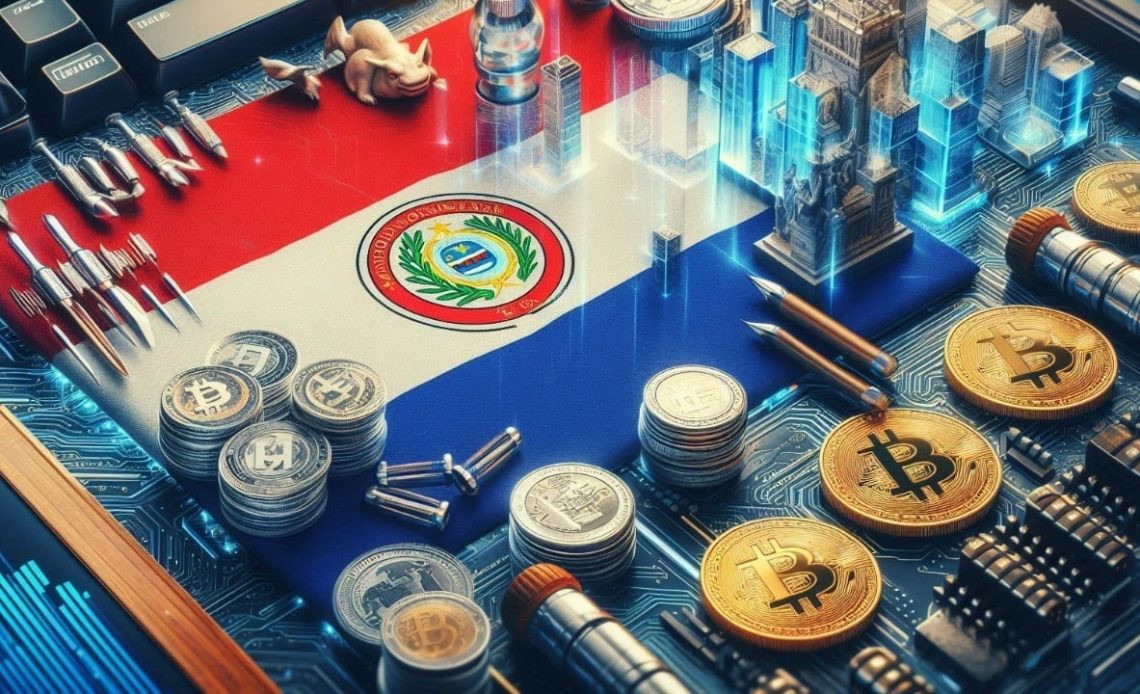
Proposed over two years ago, the law recognizes cryptocurrency as virtual assets in the country, establishing the Central Bank of Uruguay as the regulator and overseer of companies seeking to offer cryptocurrency services. The law positions Uruguay at the forefront of Latin American countries that have already included crypto in their regulatory frameworks.
Uruguay Enacts Cryptocurrency Law After Over Two Years of Discussion
President Luis Lacalle Pou recently signed the 20.345 Law, a bill regulating bitcoin and cryptocurrency usage in the country. The law puts Uruguay in a privileged spot, offering clarity for companies that want to provide crypto-related services.
The Central Bank of Uruguay will oversee virtual assets service providers (VASPs) and will have to issue permits for this kind of organization to operate. These permits will be issued taking “legality, opportunity, and convenience” into account. Likewise, the Superintendence of Financial Services (SSF) will have to identify exchanges, wallets, and even miners that fall into the VASP category.
The law modifies the current money laundering and terrorism financing control regulation, including virtual assets as the subject of control and supervision for current enforcing organizations. Also, it reforms the securities law to introduce the concept of decentralized securities, which are “issued, stored, transferred and traded electronically through distributed ledger technologies.”
The current law was inspired by a framework proposed by the Central Bank of Uruguay in 2021 a product of the institution’s research into the cryptocurrency subject. The lower chamber of Congress approved it in December 2022 after being introduced in September. Nonetheless, it had to undergo a series of modifications to be passed and signed into law.
The approval of this project puts Uruguay as one of the few countries that have included crypto and cryptocurrency service providers as part of their regulatory framework, following the steps of Venezuela, Brazil, Argentina, and El Salvador. However, only this last one has established bitcoin as legal tender.
Source: Bitcoin



